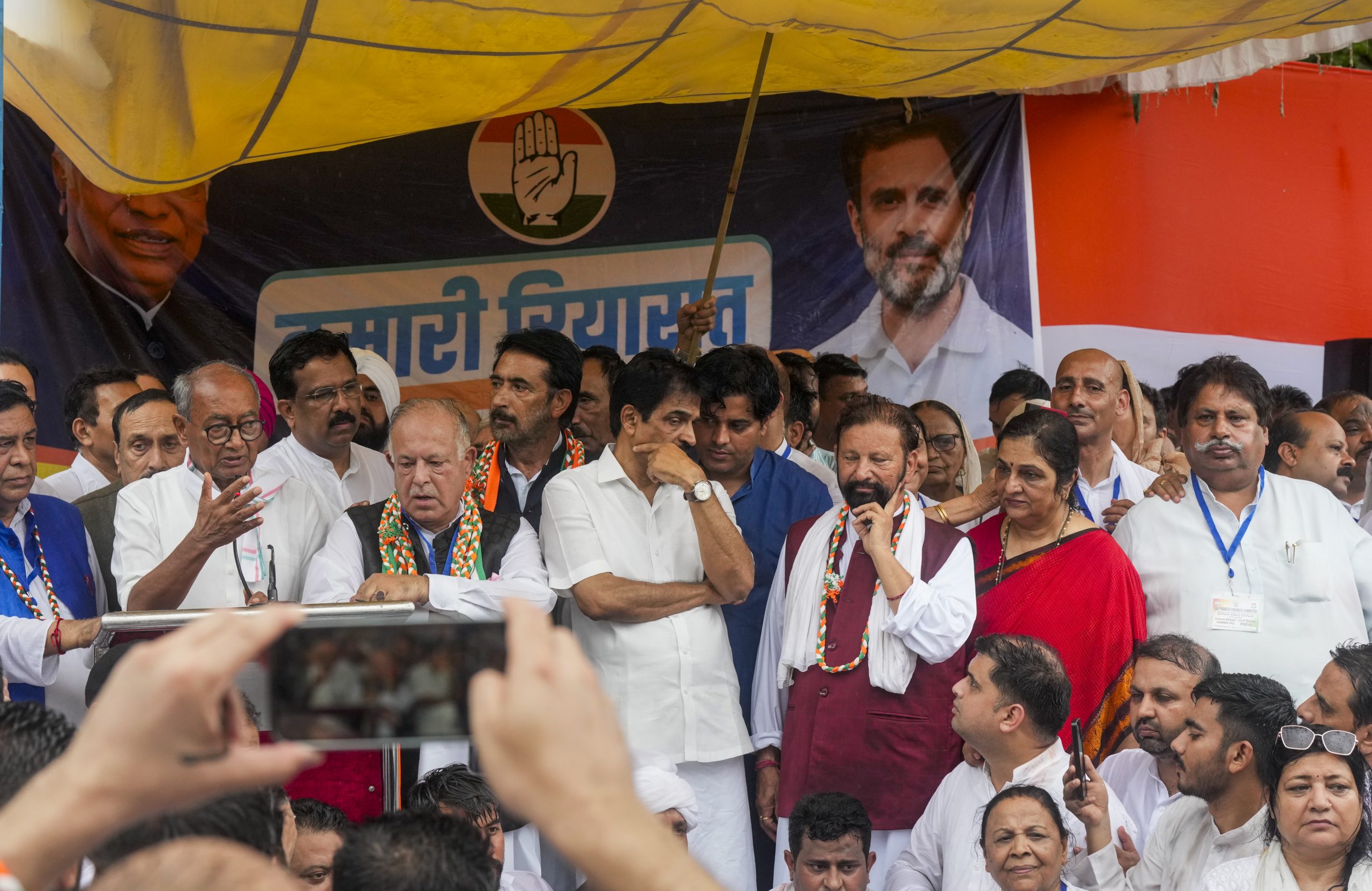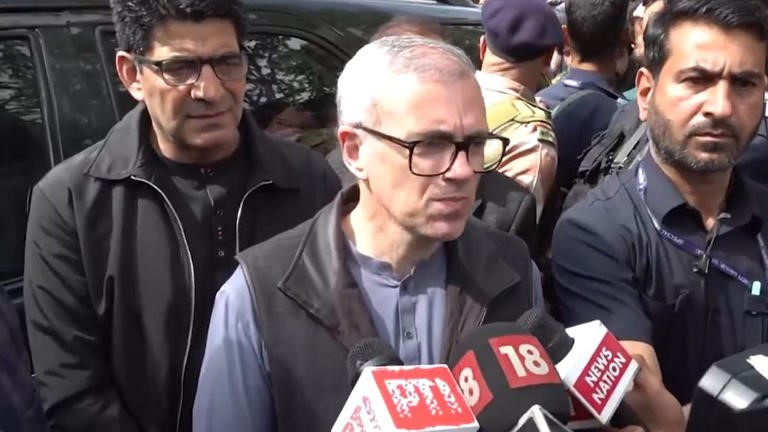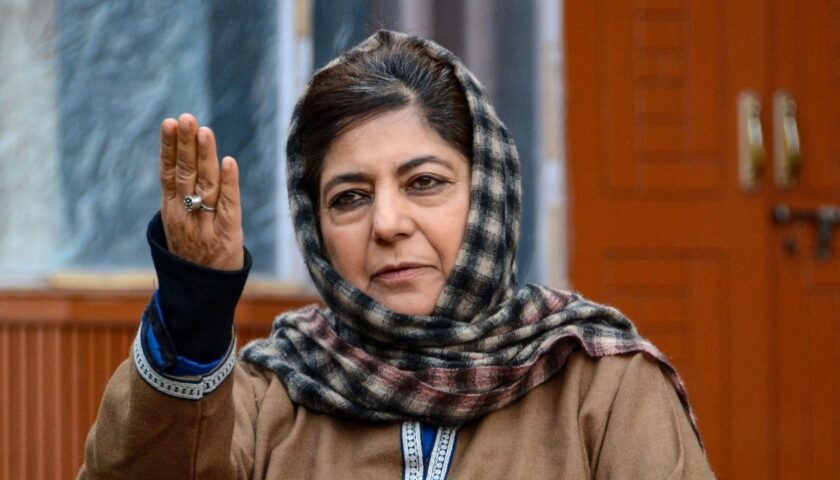Protests Mark Sixth Anniversary of Article 370 Revocation in Kashmir
By: Javid Amin | Srinagar | 06 Aug 2025
“Statehood must be restored. Promise was made in public meetings,” says J&K CM Omar Abdullah.
The restoration of Jammu & Kashmir’s statehood remains a deeply contested and politically sensitive issue, despite renewed calls and mounting pressure from regional and national leaders. The symbolic significance of August 5—the day Article 370 was revoked in 2019—continues to stir political, emotional, and constitutional debates across India.
Current Political Push
Omar Abdullah, Chief Minister of J&K, has made a strong appeal for restoring statehood, calling it a “course correction” rather than a concession. He’s written to over 40 MPs, including Congress President Mallikarjun Kharge, urging them to support a bill in the current Parliament session.
The National Conference (NC) and People’s Democratic Party (PDP) are aligned on the demand for statehood, though PDP also emphasizes the need to restore Article 370 and 35A, which defined J&K’s autonomy.
Congress has launched its own campaign, with Rahul Gandhi and Kharge writing to PM Modi, demanding swift action.
In recent days, leaders of all three parties have organized protests, silent marches, and black band demonstrations to mark the sixth anniversary of the abrogation.
Legal and Constitutional Landscape
The Supreme Court upheld the abrogation of Article 370 in December 2023 but stated that statehood should be restored “as soon as possible.”
A fresh plea is now set to be heard on August 8, seeking directions to the Centre for a timebound restoration of statehood. The petitioners—academic Zahoor Ahmad Bhat and activist Khurshaid Ahmad Malik—argue that prolonged UT status violates India’s federal structure and the assurances made by the Centre during the original case.
Despite these legal nudges, the Court has left the timeline and mechanism for restoration to the discretion of the central government, further muddying the waters around a definitive path forward.
Why Restoration Seems Unlikely (For Now)
Security Concerns: The Centre cites ongoing security challenges, including recent attacks like the one in Pahalgam, as reasons for delay. Intelligence alerts about infiltration, threats to the Amarnath Yatra, and instability in border districts are regularly cited in internal communications.
Political Calculus: Restoring statehood under a National Conference-led government could be seen as a retreat from the BJP’s 2019 nationalist agenda, which included the abrogation of Article 370 and downgrading J&K to a Union Territory.
Administrative Control: Maintaining UT status allows the Centre tighter control over law and order, land management, and bureaucratic appointments—critical levers in a politically sensitive region.
Public Sentiment: While elections in 2024 saw high voter turnout, public expectations around statehood have dimmed, replaced by cynicism over symbolic democracy. Many voters feel the government is merely a local facade for central control.
What’s Next?
The August 8 Supreme Court hearing may reignite the debate, but legal experts suggest it’s unlikely to compel the Centre to act. While the Court may reiterate its earlier stance urging timely restoration, binding orders are not expected.
Politically, unless there’s a shift in national priorities or a strategic realignment within the NDA, the restoration of statehood may remain stalled.
Public pressure from within the Valley, legal activism, and advocacy in Parliament may slowly push the needle—but for now, Jammu & Kashmir continues to exist in a political limbo.
Broader Constitutional Themes
This situation highlights broader themes in Indian constitutional democracy:
- Federalism vs Centralization: Does the prolonged UT status reflect creeping centralization in India’s federal system?
- Democratic Agency: How can elected governments function meaningfully without full legislative autonomy?
- Legal Accountability: Can courts effectively enforce constitutional principles when political will is lacking?
The coming months will be crucial—not only for J&K’s future but also for the credibility of India’s federal ethos.




